Get ready for an inspiring episode of PathPulse, the Digital Diagnostic Podcast! This month’s host, David Dalton, sits down with Dr. Melanie Bourgeau, a surgical pathology fellow at the University of Florida, as they explore the exciting intersection of pathology, digital innovation, and social media outreach.
In this conversation, Dr. Bourgeau shares her unique perspective as a pathologist who’s grown up with digital tools.
Listen here:
In this episode, you’ll learn about:
- Her extensive fellowship training.
- Why the “learning curve” for digital pathology was virtually nonexistent for her, offering a fresh take on adopting new technology.
- The personal, humorous story that ignited her passion for pathology education on social media, where she’s created over 200 posts and videos.
- How COVID-19 unexpectedly fueled her social media engagement and led to valuable collaborations within the pathology community.
- Her insights on how young pathologists are leading the charge in embracing digital innovation and fostering a more collaborative future for the field.
- Empowering advice for anyone looking to enter digital pathology or start sharing their expertise publicly.
Join us as Dr. Bourgeau discusses how digital tools are making pathology more efficient, collaborative, and ultimately, leading to better patient care. You won’t want to miss this insightful discussion on “Pathology in Motion”!
Transcript:
David Dalton: Hello, everyone, and welcome to PathPulse, the Digital Diagnostic Podcast. This podcast showcases pioneers, innovators, and forward-thinking individuals within the digital pathology community who are making a difference in day-to-day use.
So I’m David Dalton. I sit on the board for the Digital Diagnostic Summit. And in today’s episode, we’re diving into the theme, pathology in motion, a young pathologist’s journey into digital diagnostics and social media education with Melanie Bordeaux.
So Melanie, thanks for joining us. And could you just introduce yourself and share a little bit about your background and just so the listeners are up to speed on you.
Melanie Bourgeau: Of course. Thanks for having me. My name is Melanie Bourgeau. I’m currently a surgical pathology fellow at the University of Florida in Gainesville. Before that, I completed a residency at Emory University in Atlanta, Georgia. And then I did a one-year bone and soft tissue pathology fellowship at the University of Colorado. And then after that, after this fellowship, I will be doing another fellowship in dermatopathology at the University of Alabama in Birmingham.
And in general, something that I’ve been involved with since residency is pathology outreach and education via social media. I’ve made about 200 assorted posts and videos on multiple platforms. I’ve also helped participate in, or create, the Emery case of the week series at, when I was in residency. And I also did some social media management for the Georgia Association of Pathologists.
David Dalton: Very cool, very cool. Thanks for sharing that with us and getting us up to speed on your background. As somebody earlier in your pathology career, what was the first, your first impression when encountering digital pathology tools like host-wide imaging and AI?
Melanie Bourgeau: Well, the fortunate thing that I started training in the last few years is it’s always been a part of my education in some sense. Even during residency, we had a limited capacity for slide scanning for research and educational purposes, something I definitely took advantage of when I was making posts for social media. I would use that to take photos and record videos. So it’s definitely something I’ve always found beneficial.
David Dalton: Great, great, and what part of that learning curve, as you, you know, took on AI and whole slide imaging, was the most surprising part of that?
Melanie Bourgeau: I think the most surprising part was the lack of a learning curve. I, again, since I’ve been kind of using both at the same time throughout training, it was never something that I had to completely switch in terms of adjusting to. I know some people who have been looking at glass slides for years and years, there was a bit of hesitancy and a sense that, I guess, you know, even something was sort of lost in that transition from the glass slide to a scanned slide.
But I think that a lot of people have really warmed up to it, and I think it’s just something that people, you know, it just takes time to adjust to. Like when you go to an institution, the way they do their H&E slides, the color is always a little bit different. It throws you off at first, but after a couple of days, a couple of weeks, you don’t even notice it. So I think it’s just an adjustment.
David Dalton: That’s a great perspective. That’s a great perspective, especially since you don’t have a learning curve, basically because that’s you. This is all you’ve known, you know, in all your training. You know, you’ve been active on social media, know, sharing your insights as you go. What inspired you to start doing that? Is it just, you your demographic or, you know, what’s the background there?
Melanie Bourgeau: Well, I first got sort of involved, or at least was aware of the pathology community on social media through Dr. Jerad Gardner’s YouTube videos. I got recommended them during med school for histology review, his normal skin histology video. Someone recommended me, and I just immediately sort of was completely enthralled by learning about this, even just normal skin histology. And that’s what got me into pathology in the first place. So from there, I learned about his Twitter account, all those other social media things, and that’s how I discovered the pathology community.
But my first, what really inspired me to make my first post was kind of a bit of a funny, bit of an embarrassing situation that happened with me when I was in my fourth year of medical school. I was at my audition rotation at Emory, and I was fortunate enough to get to observe sign out with Dr. Sharon Weiss for a couple of days before, actually right before she retired, so this was an amazing opportunity. I’m so interested in bone and soft tissue pathology. I was so excited.
And I remember, I think it was like the first or second day, she put a slide on the scope and asked me what it is. And I said, oh, fibromatosis. And it was, it was a scar. So it’s a little embarrassing, but actually not that bad. They’re fibroblastic. So I even, I can give myself some credit for that. But I will never forget that. And then that inspired me to make my first series of posts on scars and scar-like lesions.
David Dalton: Gotcha, gotcha, so it left a scar, no pun intended.
Melanie Bourgeau: Oh yeah, I didn’t think about that.
David Dalton: There you go, there you go.
Melanie Bourgeau: But something that inspired me to kind of keep going was a little thing that happened midway through my first year of residency called COVID. That and that everything sort of shut down, everything was very distanced. There were a lot fewer opportunities for research and collaboration, and I really found a great community with the pathology community on Twitter during that time.
I was really inspired to keep making posts, keep learning, keep teaching others, and I made a lot of great connections through there. That’s how I ended up actually meeting Jerad Gardner and working with him on a paper. It’s also how I found out about the digital communications and pathology fellowship, which I was a part of, as well as KiKoXP, which is a social media platform for doctors created by Dr. Jonhan Ho. And he helped that platform, where I also incorporate whole slide imaging.
And that’s what they have used a lot for my educational posts.
David Dalton: This is awesome. You know, kind of going on to the next question, there’s often a sense of, you know, that innovation comes with seniority. You know, how do you view your role as a junior pathologist helping kind of lead this change? And how do you bring, you know, kind of that innovative piece into this?
Melanie Bourgeau: I would just say that I think our generation, like my generation, we’re very open to technology, but we’re not sort of blindly accepting—that we want something that’s going to work for us, work for pathologists, make our life, make us able to provide the best patient care possible. So, things that will help us make diagnoses easier, take some of the other things that maybe take away from our time, away from just the diagnosis.
David Dalton: You being a junior pathologist and kind of to others, even junior, senior, kind of the most senior even, what advice would you give to others who are just, obviously just starting out in pathology or others that might be in it for a while that want to embrace digital tools and to start sharing them publicly? What kind of advice would you give them?
Melanie Bourgeau: First of all, I’d say don’t hesitate. Just put yourself out there. Just make your first post. I had people talk to me during residency about the stuff I was doing, they’re like, “That’s so awesome. I could never do that.” And there’s the sense that if you’re in training, you know, it’s not really appropriate for you to teach or make these posts or anything like that. I don’t, I think, as long as you do your due diligence and you make sure what you’re putting out there is accurate, to the best of your knowledge, and there’s no patient health information, I think there’s nothing wrong with helping to educate.
And I would say that you don’t have to start with some insanely complicated, esoteric, high-level thing. I started making posts just about normal adrenal antihistology, hemangiomas, and neurofibromas. And from there, I sort of found my own niche and found things, either cases that came up during my training or like papers I read, things that inspired me to make things that were more complicated as I went on.
David Dalton: So whatever inspires them specifically. Awesome. And then kind of looking ahead, how do you see the role of a young pathologist evolving in this kind of increasingly digital world? You know, you came out of training being fully digital, but you know, how do you, how do you envision that evolving over time?
Melanie Bourgeau: I definitely see it as being more collaborative, the ability to share whole slide images with anyone across the world, essentially, you know, to get that consultation from experts. I think it’s really going to help with accessibility, help with getting, you know, diagnoses quicker, making better progress, because instead of having to ship the slides or ship the block from X to Y, and then having to have pathologists look at them in order and I think it’s just going to make things more efficient and lead to better patient care.
David Dalton: Melanie, thanks for, you know, sharing your, you know, your journey with us and your insights. You know, that was really informative. I appreciate that. It’s inspiring to hear how you’re embracing the technology because not every pathologist is doing that. And even pathologists in training aren’t even doing that. So, you know, we really appreciate that as an industry, as a company.
And to all of our listeners, we invite you to join us again next month for another episode of PathPulse.
Melanie Bourgeau: Thanks so much for having me.


